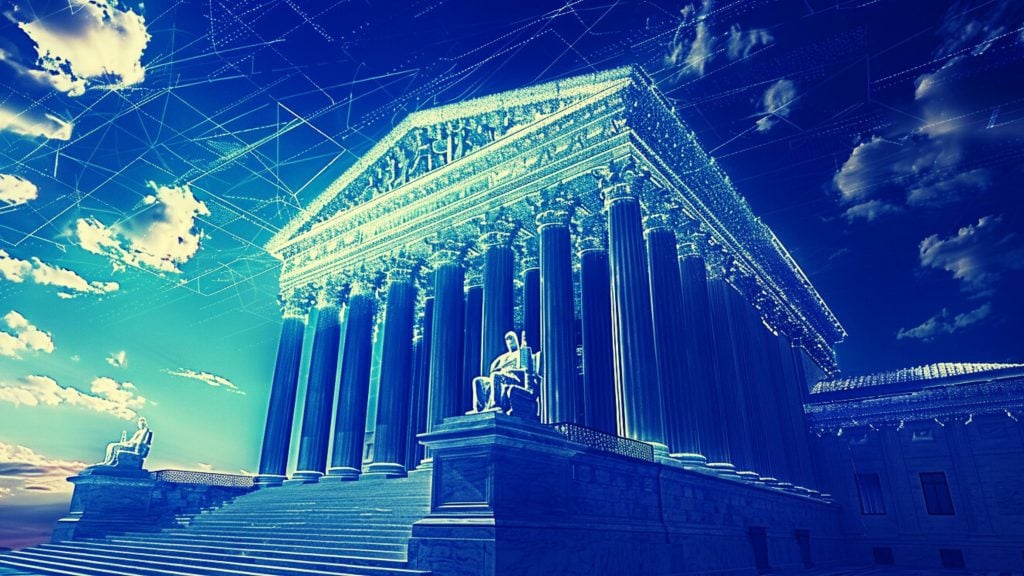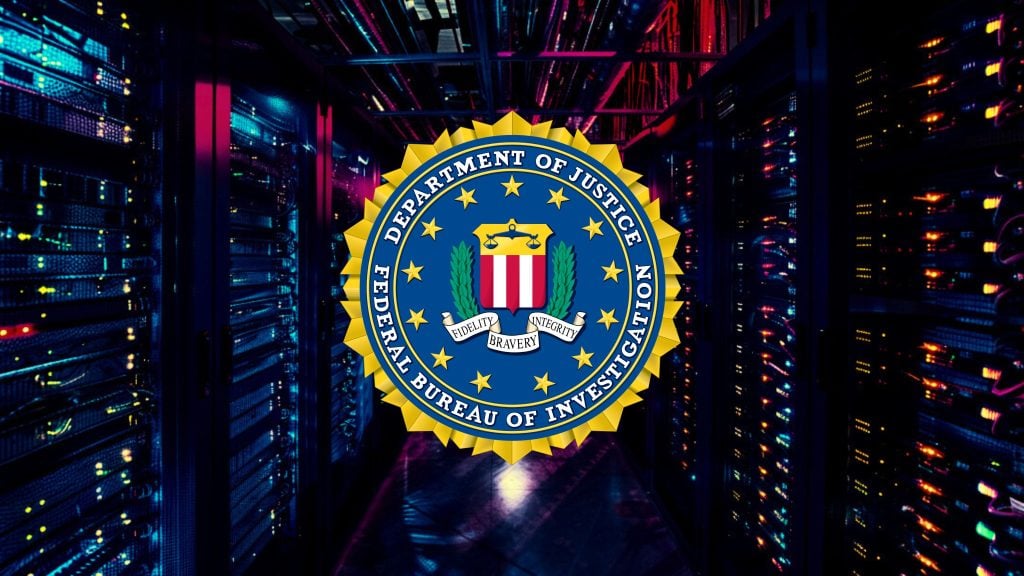Wikipedia recently announced that it is taking its two-year-long legal battle with Turkey to Europe’s top human rights court. This is in the hopes that the country’s blanket ban on the site would finally be overturned as it is a violation of the fundamental right to freedom of expression.
Wikimedia Foundation, the non-profit organization that manages the online encyclopedia, said that the group has filed an application to the European Court of Human Rights. The decision was made after two years of discussions with Turkish authorities. Wikimedia chief executive, Katherine Maher said that the blanket ban prevents Turkish citizens from accessing Wikipedia in all languages. This is the most expansive ban ever imposed on the site by any country before China did the same last week.
“We believe that information—knowledge—makes the world better. That when we ask questions, get the facts, and are able to understand all perspectives on an issue, it allows us to build the foundation for a more just and tolerant society,” said Katherine Maher. “Wikipedia is a global resource that everyone can be actively part of shaping. It is through this collective process of writing and rewriting, and debate that Wikipedia becomes more useful, more comprehensive, and more representative. It is also through this process that we, a global society, establish a more comprehensive consensus on how we see the world.”
The Turkish government imposed the Wikipedia ban in 2017 during the time when the country was still recovering from the aftermath of an attempted coup that left 250 people dead.
During that time, President Erdoğan presided over the crackdown as the government was taking precautionary steps after the threat to the country. However, critics were worried that the ban was a step to stop government threats including the president’s political opponents, opposition journalists, and academics.
Wikimedia discloses that the ban followed a demand from the Turkish government to remove two articles published on the website. One of the articles was about the Syrian civil war and the other was about state-sponsored terrorism.
The ban would remain for as long as two articles remain on the site. Wikipedia said that the two articles could not be removed as it counters the site’s neutrality and accuracy. The site, however, made various improvements to the wordings of the articles to tone it down and make it acceptable to Turkish authorities. Still, the ban remains.
This prompted Wikimedia to elevate the matter to the European Court of Human Rights and hopes that the matter would be solved. If the court decides in favor of Wikipedia, one question remains to be answered. Will the Turkish government follow a possible order to lift the ban or not?














